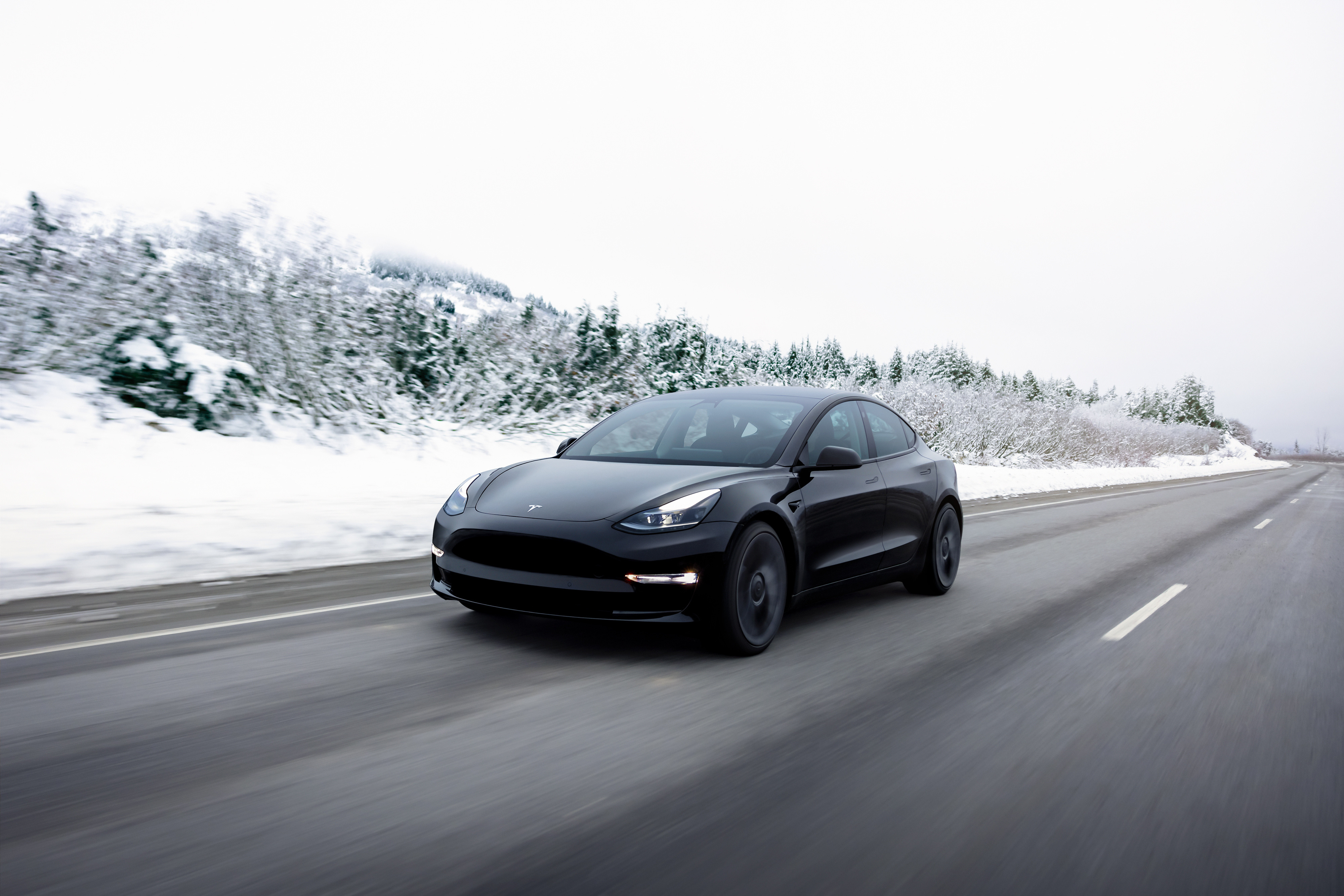
For three years now, investors have behaved like a flock of starlings swarming toward a single, shimmering light: artificial intelligence. It’s the kind of phenomenon that makes you wonder if we’ve collectively forgotten how to count money-or maybe we’ve just never seen a pie big enough to share. PwC, for instance, has declared this global AI gold rush could be worth $15.7 trillion by 2030. One wonders if they’ve accounted for the inevitable coffee spills.
Yet not everyone on Wall Street is clinking champagne flutes over this potential bonanza. Two of the most prominent AI stocks-each with a valuation north of a trillion dollars-have analysts whispering cautionary tales. It’s the financial equivalent of a magician saying, “Don’t blink.”
Nvidia: The GPU King with a Crowbar Under the Throne
Let’s begin with Nvidia (NVDA), the undisputed monarch of AI hardware. Its GPUs are the unsung heroes of the AI revolution, like the unspectacular but essential wheel in a car. The company has built a moat so deep, competitors might as well be digging with spoons. But Seaport Global analyst Jay Goldberg, Wall Street’s lone dissenting voice, thinks the crown might slip. His price target? A $100 stock. That’s a 44% drop, which in finance-speak is like telling a skyscraper it’s now a bungalow.
Goldberg’s concerns are as varied as a buffet. He frets over slowing data center sales, the commercial irrelevance of “agentic AI” (a pie so small it’s more crumb than meal), and China’s potential to outpace Nvidia with homegrown hardware. But here’s a thought: the bigger threats might be hiding in plain sight. History has a habit of bursting bubbles, and AI is no exception. When companies haven’t yet figured out how to turn their AI investments into profit, it’s only polite to expect a reckoning. Meanwhile, Nvidia’s customers-tech giants with deeper pockets-are quietly building their own GPUs. It’s like inviting a chef to cook your dinner while you build your own kitchen. Will they keep the chef on payroll? Or fire him for being too expensive?

Tesla: The AI-Driven EV with a Pricing Problem
Now for the real head-scratcher: Tesla (TSLA). Yes, the company that once made electric cars as cool as a summer breeze is now valued at $396 per share. Gordon Johnson of GLJ Research, however, thinks this is a typo. His price target? $19.05-a 95% drop that would make a deflated balloon look robust.
Johnson’s critiques are as sharp as a Tesla’s acceleration. He points to Optimus robots-charming but commercially inert-as the financial equivalent of a fireworks display with no tickets sold. Worse, Tesla’s business model relies on hardware sales, a realm where pricing power is as rare as a free parking spot in Manhattan. The company’s habit of slashing prices reads like a soap opera of desperation. And let’s not forget the regulatory credits and interest income propping up its profits. It’s like calling a birthday cake a gourmet dessert just because it has sprinkles.
Then there’s Elon Musk, the man who turned “overpromising” into an art form. His robotaxi demo in Austin? A magic trick where the rabbit didn’t show up. Cybertruck sales? A polite yawn at a fireworks festival. Investors, it seems, are buying stock in a magician’s act, not the magician himself. And when the tricks stop working, the curtain comes down.
So here we are, staring at two titans of the AI and EV worlds, each with a shadow of doubt trailing them. One is a hardware king with a moat and a headache. The other is a carmaker with a robot and a pricing problem. The market, as ever, is a stage where the only constant is the risk of a standing ovation turning into a walkout. 📉
Read More
- Gold Rate Forecast
- 2025 Crypto Wallets: Secure, Smart, and Surprisingly Simple!
- HSR 3.7 story ending explained: What happened to the Chrysos Heirs?
- The 10 Most Beautiful Women in the World for 2026, According to the Golden Ratio
- ETH PREDICTION. ETH cryptocurrency
- The Labyrinth of Leveraged ETFs: A Direxion Dilemma
- ‘Zootopia+’ Tops Disney+’s Top 10 Most-Watched Shows List of the Week
- The Best Actors Who Have Played Hamlet, Ranked
- Here Are the Best TV Shows to Stream this Weekend on Paramount+, Including ‘48 Hours’
- Uncovering Hidden Groups: A New Approach to Social Network Analysis
2025-09-18 10:18